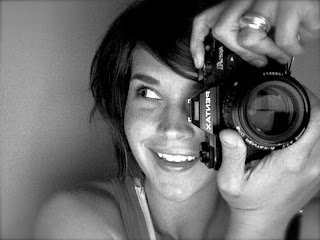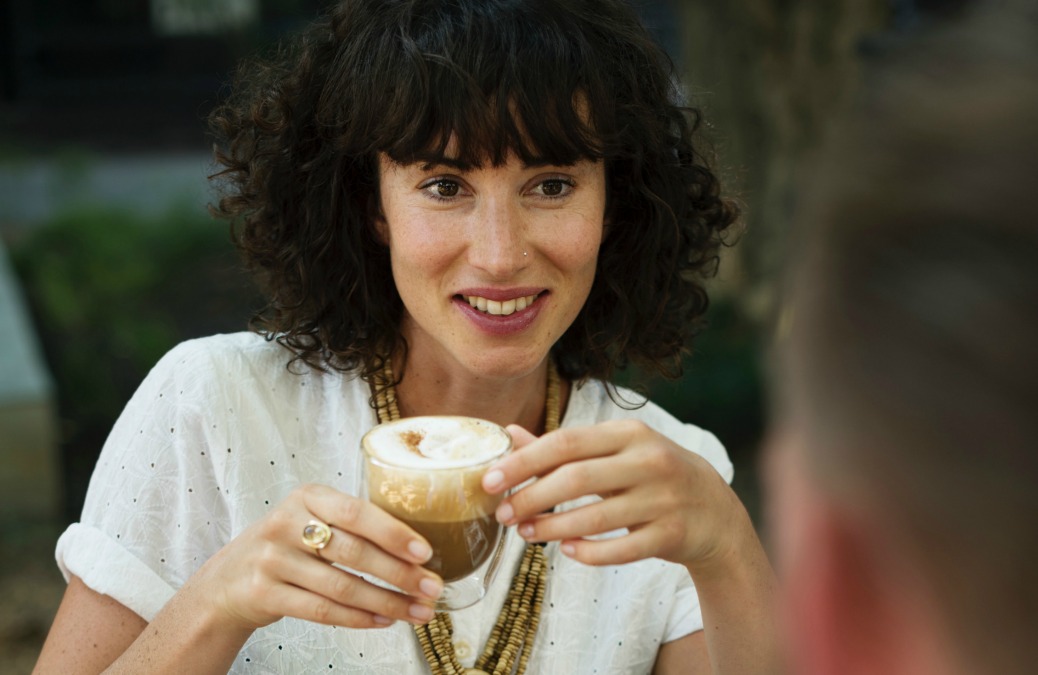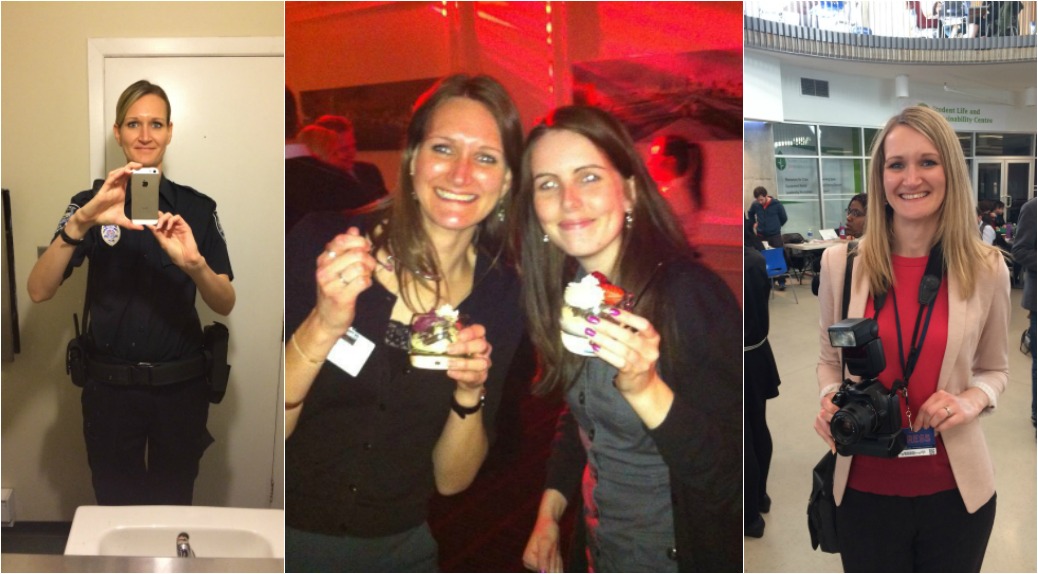So what’s the deal? What do you do?
An average day will always start with coffee. Caffeine is followed by checking the weather, city maps, my emails and deadlines. I like to plan my days around the sun and when it will be in the right position for my shoots. I am usually working from a list of several shoots so I need to make the most of the light.My job is a hybrid of marketing and photography, this allows me to work closely with my company’s marketing coordinator to create and produce our marketing material. I spend most days popping in and out of the office to and from shoots. A large portion of my day is also dedicated to image processing and discussing with colleagues and clients what they are looking for. In my evenings, weekends and ‘lunch times’ I fit in freelance shoots, which keeps me on my toes.
How did you get into photography?
Initially, I actually had little interest in photography. My older brother was taking a photo class and I wanted to have a course with him before he left school, so I enrolled.
One day my professor informed me that I had won an art contest that she had entered my work in (unbeknownst to me). From there individuals who had seen (and liked) my work, began commissioning me. I then worked for a local studio for a few years. Here I learned lots of the basics and got to have a taste of several aspects of photography.
How do you feel about art school?
I have mixed feelings about art school. I tend to tell people to pursue and study what interests them but I also think that technique can only take someone so far; you either have the talent or you don’t.
Also, art school does not always ensure a career (or even a paycheck for that matter) in art. I feel that it can be a large financial commitment with little return. I personally tend to encourage taking art courses at community colleges (or the like) to gain the basics and talent can take you from there.
Are there any drawbacks to working in photography?
Of course. Depending on your genre of photography, the hours can be random and equipment is expensive. There are often Saturday mornings when I would love to sleep in or evenings when I would much rather go out but perfect weather conditions drag me out of bed or away from a beverage to shoot. To keep up with the competition, one must be willing to invest in the newest technology which is rarely in the budget.
What are the highlights?
I have been dangled from helicopters, tip-toed the rooftops of tall buildings, allowed into places I have no business being, met some unforgettable people, seen some of the most amazing scenery and have been paid to do it!
What are the misconceptions about photography?
While photography can be a pricey hobby/occupation you don’t have to use the most expensive gear to get a great result. I once met an editor of a photography magazine that shot an entire show worth of images on a cheap toy camera with a broken back. The photos came out with these stunning ethereal rays of light. This affect was created from light that had managed to seep through the cracks in the camera’s body: an unexpected yet striking result that would not have occurred if he had used a properly functioning camera. So a bit of creativity and ingenuity can take someone a long way. It is the craftsman not the tool.
Also, photographers, just like singers or IT-ers, have specialties. It is important to learn what your strengths are and to play to them. Whilst, it is tempting to take on any assignment it is wise to learn your limits. This keeps you out of trouble.
What suggestions would you give to people interested in becoming a photographer?
Take some classes, learn about the craft. If possible work for another reputable photographer to learn not only the technical side but also the social etiquette of the occupation. Read to keep up with the any changes or trends etc.
Know that there are so many opportunities in photography; you don’t have to just shoot weddings or senior portraits. Every image you see, in magazines, adverts, pamphlets and cereal boxes had to be taken by someone.
Any photography hopefuls out there? Jess is eager to answer your questions!








Fascinating. I have so much respect for photographers. These interviews are great!
Great interview. I fit right in the “aspiring photographer” category. I think I’m just finding my niche. Now… how do i get those jobs? Hmmm… I feel like I need to know someone, who knows someone to get an “in”. I will keep clicking away and having fun. Even if I never turn it into a career, I will still snap away because I love it!
very good tips, and i love the photo of her! 🙂
Hi Ladies,
Sorry for the delayed reply and thank you for the compliments.
Amanda, I would say that ‘yes’ who you know can be very helpful; however, sometimes you just have to get out there and meet people.
A good place to start is smaller companies whose business is just taking off. They are always looking for photos of their products or services for websites or advertising.
Or if you would like to get into family and wedding work, just ask your friends to do a shoot with you to build your portfolio.
Really, just put yourself out there.
Good luck!